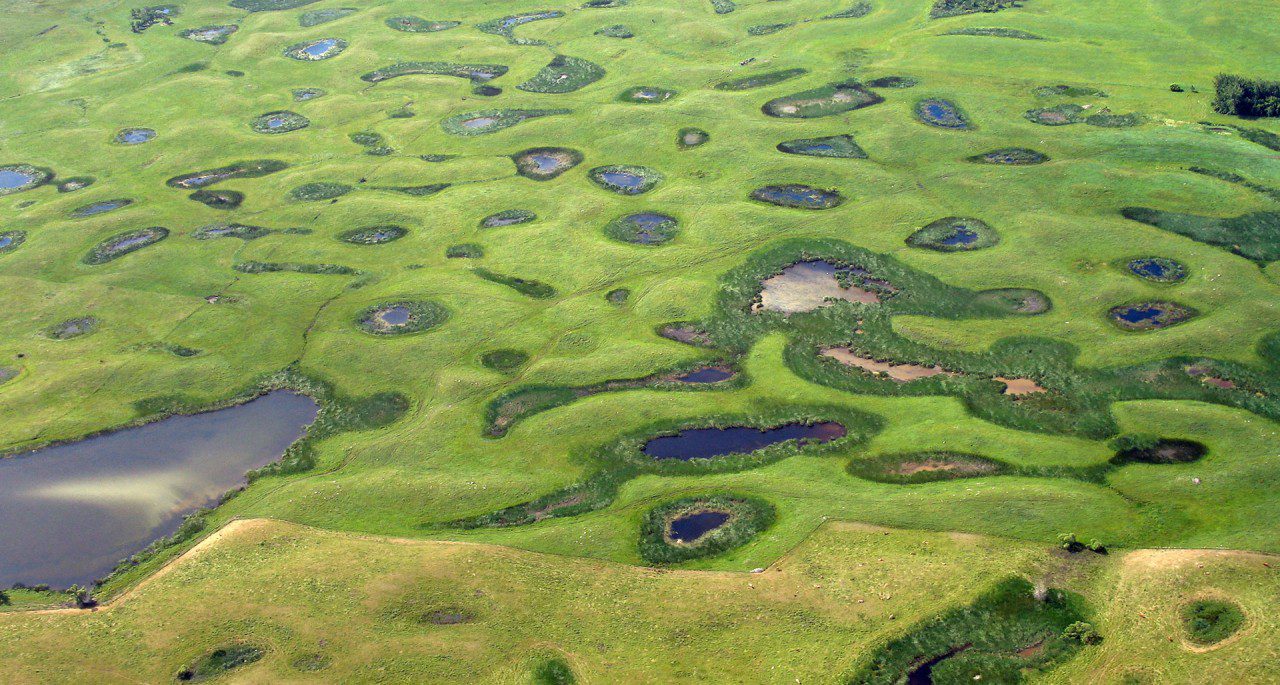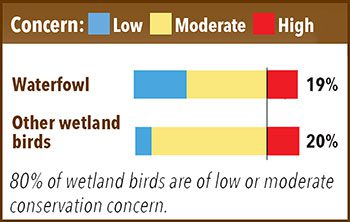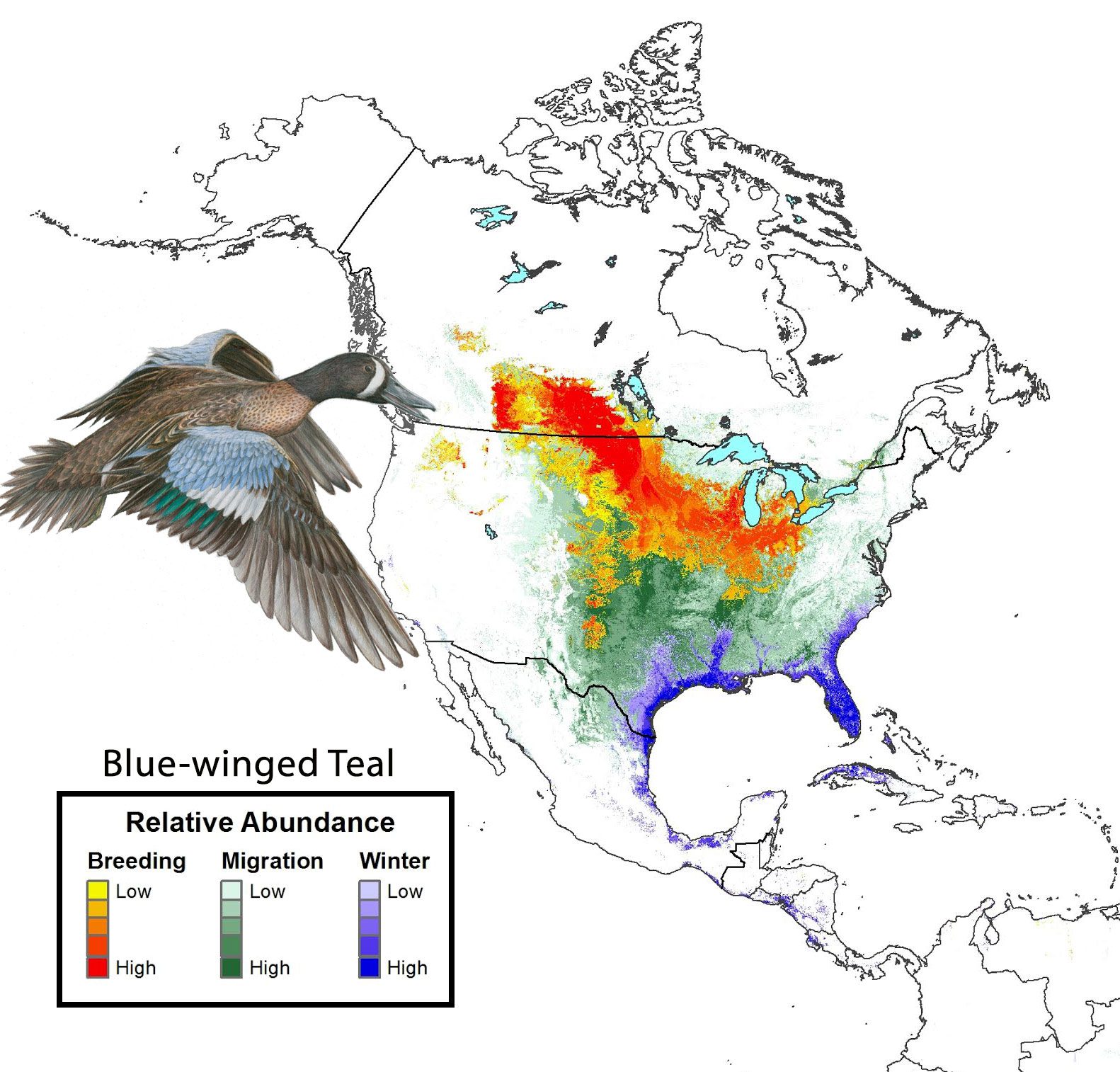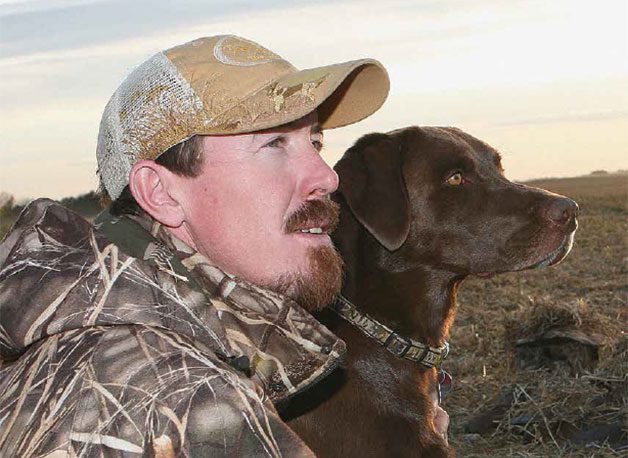Wetlands

Conservation investments are paying off

Wetlands are spread across North America and provide key habitat for waterfowl and many other bird species. Wetlands also recharge groundwater supplies, control flooding, and provide people with clean drinking water. Concerted efforts for wetland conservation, and careful management of hunting, have contributed to healthy duck populations and show what our countries can accomplish when we work together on bird conservation.

Status: Waterfowl and other waterbirds doing well
Most wetland bird species are still widespread and common, and are therefore of relatively low conservation concern. Waterfowl populations have grown over the past five decades, helped by effective investments in wetland conservation. Other waterbirds, such as herons, terns, and rails, have also benefited from these efforts. Still, 33 wetland species are on the Watch List, including species that rely on coastal habitats in winter, such as eiders and scoters.
Building on Success: Planning and funding continental waterfowl recovery
The 1916 Migratory Bird Treaty ended market hunting and established internationally coordinated waterfowl management. Hunters are now major supporters of waterfowl and wetland conservation. Duck Stamp funding supports the purchase and protection of waterfowl habitat. The North American Waterfowl Management Plan brings together scientists, government officials, and land managers from Canada, the U.S., and Mexico to coordinate wetland conservation efforts. Over the past two decades, the North American Wetlands Conservation Act (NAWCA) has provided US$1.4 billion in grants that acted as a catalyst for generating US$2.9 billion in partner funds for projects on 12 million hectares of habitat in all three countries.
Take Action: Stop the loss of wetlands and funding

Despite these successes, wetlands are being drained for agriculture and development, polluted by pesticides and invasive species, and lost to climate change.
- According to the USFWS, wetlands loss has accelerated by 140% since 2004. “No-net-loss” wetlands policies need to be implemented locally, regionally, and nationally to ensure that any loss of wetlands is offset by restoration of wetlands elsewhere.
- Along with wetlands loss, there has been an erosion of government funding for wetland conservation. NAWCA is one of the most cost-effective government conservation programs. Ensuring appropriate funding levels for NAWCA can secure our investments in wetlands and waterfowl conservation.
